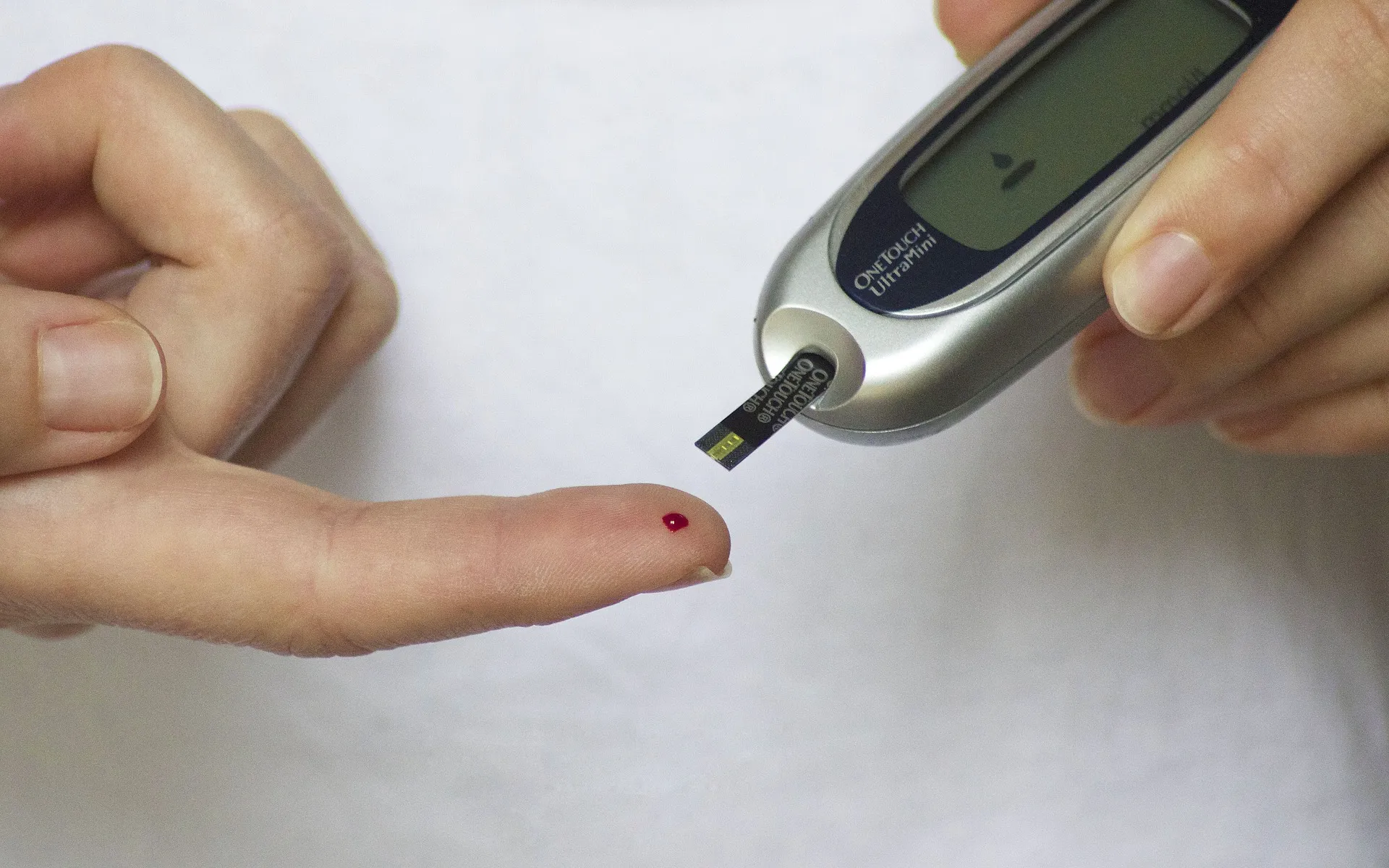
How can we prevent the spread of a disease whose cause is still largely unknown, although genetic and environmental factors play a large role in it?
A recently published study in the journal The Lancet Diabetes & Endocrinology by an international team of researchers reports that 8.4 million people are now living with type 1 diabetes and that a new predictive model makes it possible to calculate that cases worldwide could double by 2040 to 17.4 million people, twice as many as are currently known to have the disease.
Type 2 diabetes is the most common diabetes disease (80-90% of all cases) and, although it’s characterised by an increase in blood glucose levels due to the body's inability to produce or use properly its own insulin, it has the great advantage of being preventable with healthy habits. Low-fat and high-fibre foods, cutting down on sweets and refined carbohydrates and doing simple exercises such as walking, swimming or other physical activities can keep the disease, and its prevalence, at bay.
But what about type 1 diabetes? How can we prevent the spread of a disease whose cause is still largely unknown, although genetic and environmental factors play a large role in it?
The answer lies in implementing more health policies, improving patient training and education, carrying out peer-to-peer community support and considering increasing investment in research and development, always from a community point of view.
The Diabetes Association of Catalonia (ADC) is a non-profit organization that connects, helps and defends the more than 560,000 people with diabetes in Catalonia. We also believe that it’s essential to emphasise early diabetes detection and education campaigns on good habits, both regarding eating and physical exercise.
World Diabetes Day will be celebrated on November 14, 2022. It’s the second year of the ‘Access to Diabetes Care’ campaign (2021-2023) by the International Diabetes Federation (IDF). This year, the motto is ‘Education to protect tomorrow’. At the ADC we work day by day on diabetes education to train empowered patients, emphasising self-care, and we also seek to raise awareness about this disease throughout society.
Only by understanding the priorities and experiences of patients, promoting their perspective and being active and involved as a society in the new health policies and services will it be possible to improve both quality of life and statistics, which rather than decreasing seem to be going up.



Add new comment